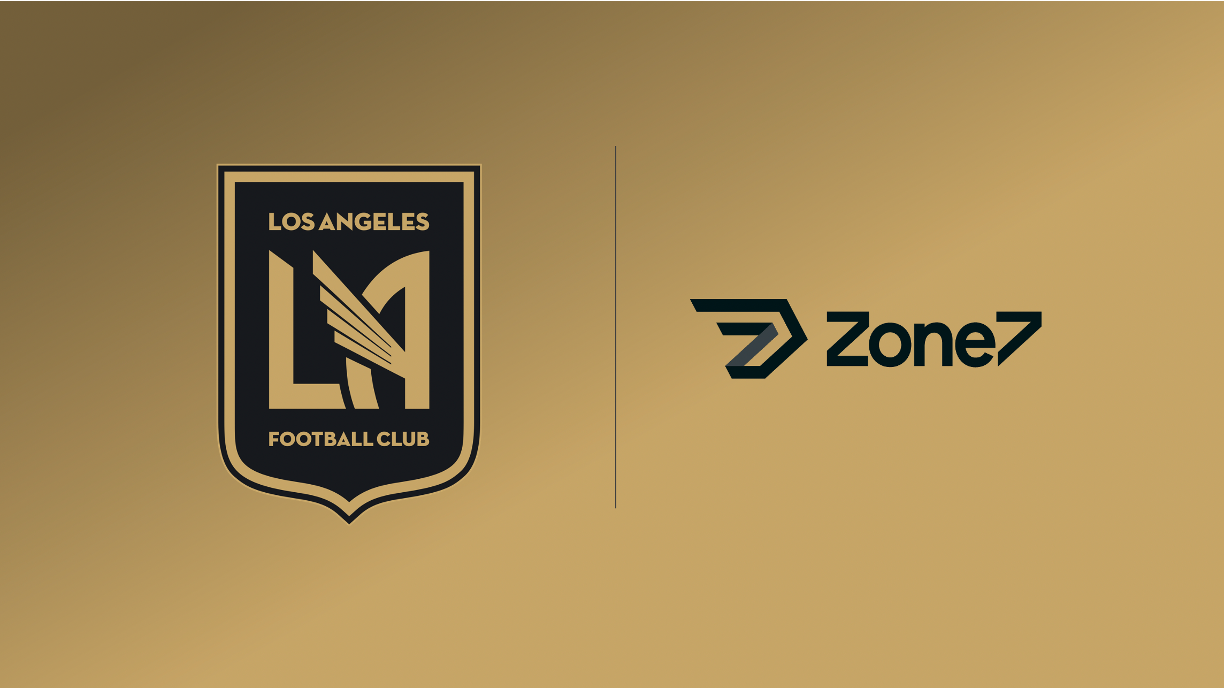Earlier this month, Zone7 hosted a Masterclass at The Sport Performance Summit with clients Dr. Imtiaz Ahmad and Jordan Milsom featuring as special guests. The event at Twickenham was invite only and attended by select personnel from leading sporting organisations across Europe and North America. While the full conversation can’t be shared, we wanted to let you in on 7 of the key lessons that attendees took away.
1. The football industry is digitising and has become data rich. Applying sophisticated tools for analytics is now part of doing the basics well.
Kicking off the Masterclass, Zone7 Performance Director Rich Buchanan – who moderated the conversation, set the scene. “The adoption of a data informed way of working is very evident within talent ID and recruitment. That approach is now accelerating in the sports medicine and performance spaces.
For Buchanan, there are two driving forces pushing this shift; “One is the need for academia to investigate and evolve the scientific evidence base and the other is companies like Zone7 in the commercial space driving the innovation, exploring use cases and practical application.”
2. The next decade will be about making sense of data.
Buchanan first recognised this need to make sense of data in a more efficient way whilst he was working as Performance Director for Swansea City during the 2014-15 English Premier League season. Though AMS continues to answer the ‘data storage and organisation problem’, alleviating the burden of consistently translating all that information into meaningful and practically applicable insights is a fundamental need that has gone unmet for practitioners.
“If the last decade was about measuring and collecting data in the performance environments, the next decade is about making sense of it all in a more effective and efficient manner.”

3. It’s important to speak to users and conduct your own due diligence processes.
For Dr. Imtiaz Ahmad, Head of Medicine and Performance at QPR FC, the key when it comes to adopting a new innovation is talking to current users. Furthermore, the closer their processes and environment match your own, the better.
“It’s important to speak to other users and people who have already adopted machine learning systems to find out whether it does what it says on the tin or not. We were fortunate that Los Angeles FC were going on the same journey as us just a few months before, so I spoke a lot with them.”
Like Ahmad, we also love speaking to LAFC. Their Performance Director, Gavin Benjafield, joined us for our webinar with Leaders on Blending Sport Science and Data Science earlier this year.

4. Healthy scepticism can still be coupled with an openness to exploring new technologies
The adoption story was similar for Jordan Milsom, former Head of Performance at Rangers FC. Like Ahmad and other innovators across the industry, Milsom paired his healthy scepticism with an openness to learning and a strong desire to improve.
“When I moved to Rangers, it was very much about exploring these types of technologies to see if they can inform our practice and help us make decisions along the way. Although we have a lot of intuition, we can’t do what algorithms can do. It was just another layer of support to help make better decisions and inform us in greater detail.”
5. It is fundamental the human remains at the centre of the decision-making process
For Milsom, the implementation of Zone7 (and AI more broadly) was about being data-informed, not data-led. This was a sentiment echoed by Buchanan and Ahmad, too.
“As with all computer generated perspectives, we do not blindly follow all Zone7’s recommendations,” explained Ahmad. “The way I see it is as part of our team. So, if I’ve got six or seven decision makers that work with me at QPR, I consider Zone7 as one of those as well. It is like having another member of staff – a member of staff that has got different opinions to me and comes to those [opinions] in different ways. Sometimes I like it, sometimes I don’t.”
6. Success of any technological implementation is going to be multifactorial
“We initially brought it in for three players who historically had significant time-loss and with Zone7’s assistance, that time-loss improved,” explained Milsom.
This success is the reflection of a multitude of factors which includes using Zone7 from a risk perspective and to manage match situations more freely thanks to the ability at the time to make five substitutes.

7. The return on investment can be both performance and financially driven.
Success is often measured by the number of injuries sustained or the days lost to injury. However, there is also a financial return on investment. This is a harder metric to quantify (particularly for us at Zone7 where we don’t have access to player salaries) but it made for a compelling case when put forward by Ahmad to his board.
“I explained my thoughts on why I felt it could make us a better department [to the board]. I looked at the cost of injuries and worked out that even if it only saved two or three injuries, we could justify that cost in player salary efficiency – it is not very difficult at Premier League and Championship level to do that.”

About Zone7
Zone7 is the proprietary platform enabling high-performance teams across the Premier League, English Football League, NFL, LaLiga, MLS, Serie A, and NCAA to unlock greater data insights.
Leveraging artificial intelligence, Zone7 technology analyzes disparate performance datasets to detect patterns, uncover insights, and make proactive training recommendations that inform load management, elevate athlete performance, and reduce overall injury risk.
Founded in 2017, the company is headquartered in Palo Alto, CA with offices in Tel Aviv and London.
Ready to Elevate your Performance? We provide a comprehensive suite of products and services utilizing data and AI to enable greater performance and durability amongst high-performance teams.
To find out more about our work, Book a Demo today.


